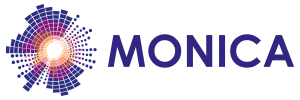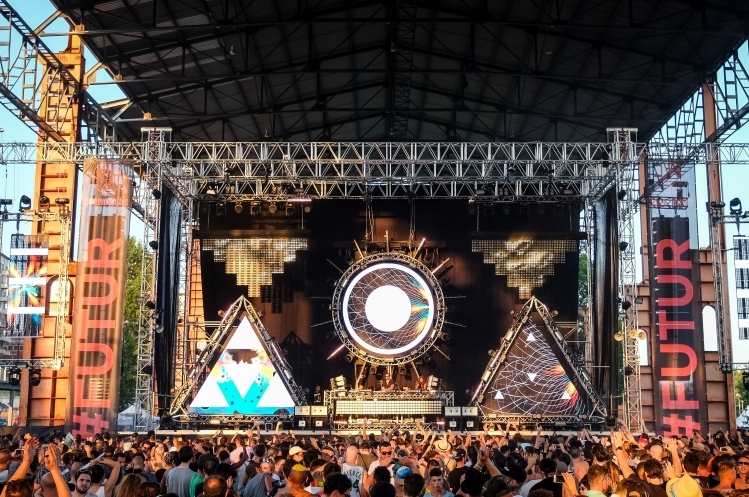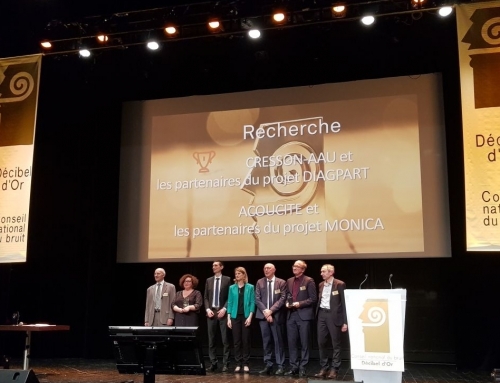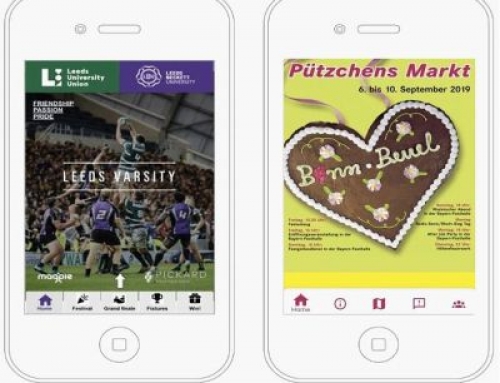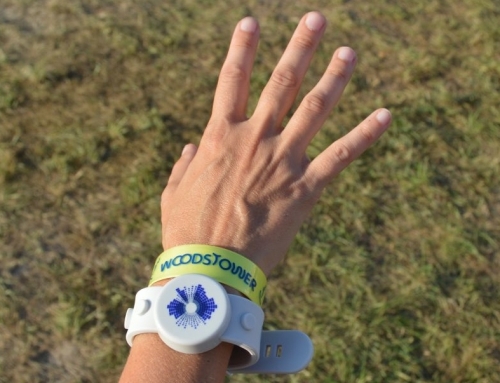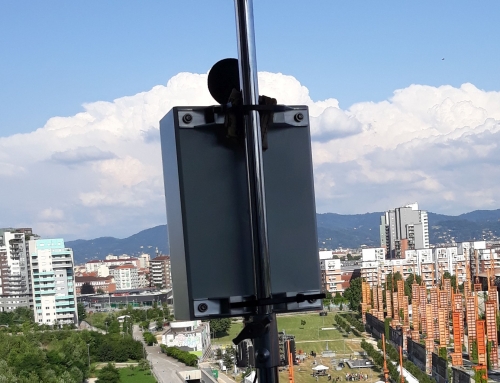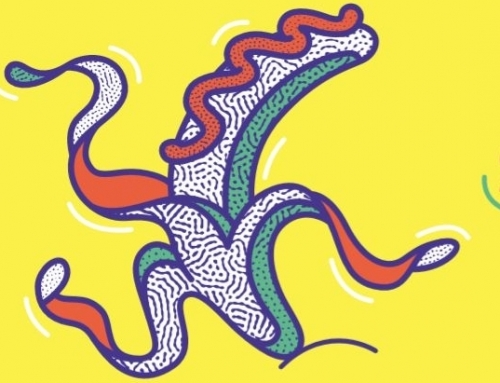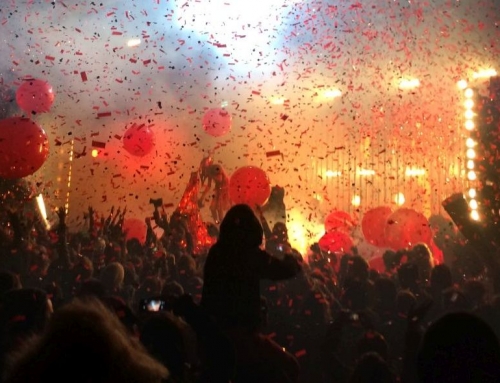The innovation project MONICA will demonstrate how cities can use the Internet of Things to deal with sound, noise and security challenges at big, cultural, open-air events. A range of applications will be demonstrated in six major European cities involving more than 100.000 users in total.
Imagine sound zones at outdoor concerts in the city where the sound experience is enhanced for those who enjoy the music and the noise mitigated for those who don’t. Visualise intelligent cameras deployed at city festivals which, while preserving privacy, estimate crowd size and density in real time, notifying security staff of any unusual crowd behaviour. Or imagine smart wristbands and mobile apps, allowing people to interact with each other and the performers, informing people of the best way out of the venue or guiding them to the nearest exit in case of an emergency.
These are some of the several applications which MONICA will demonstrate at minimum 16 cultural events, taking place in Copenhagen, Bonn, Hamburg, Leeds, Lyon and Torino. The events include concerts, festivals, city and sport events and involve the use of multiple, wearable, mobile and fixed devices with sensors, such as wristbands, smart glasses, video cameras, loudspeakers, drones and mobile phones.
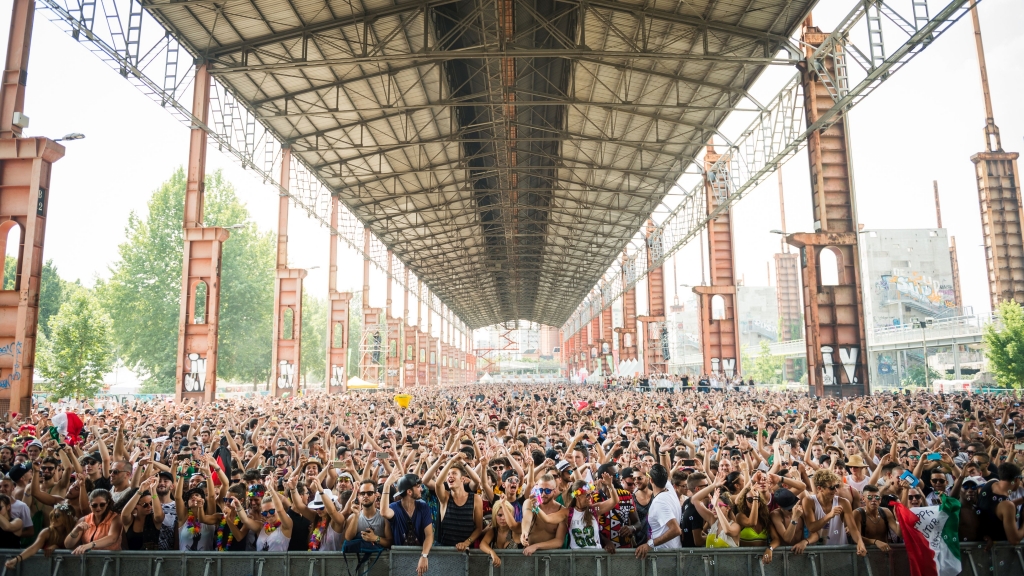
Kappa FuturFestival in Torino 2016. The festival is one of the events which will be part of the demonstration. Photo courtesy of: Simone Arena SIMPOL-lab
“MONICA will demonstrate a large-scale IoT ecosystem which uses a multitude of different sensors, networks and heterogeneous data and a cloud-based platform capable of offering multiple applications with at least 10.000 simultaneous end users, making it a massive IoT platform demonstration”, explains Dr. Markus Eisenhauer from Fraunhofer FIT who coordinates the project, consisting of 28 organisations from nine European countries.
User driven pilots
Each of the six pilot cities will identify a number of relevant applications that they wish to deploy for the chosen events, based on their current challenges. Whereas some will emphasise control of sound, and others optimise security or service, all pilots will actively involve the end users, engaging more than 10.000 people in the evaluation and innovation process, from authorities, organisers to citizens.
“The citizens will be involved in creating useful solutions to the conflict between cultural attractiveness and nuisance which often exists when carrying out big city events in the inner city. And to ensure that needs and regulations are met in terms of trust, privacy and data security, MONICA will engage the local authorities and organisers in validation of the IoT services so that MONICA can become a Best Practise of IoT deployment”, concludes Dr. Markus Eisenhauer.
The result is an IoT platform based on open architecture and standards which can be incorporated with existing smart city systems, be replicated to fit other settings or used to develop new smart city applications.
